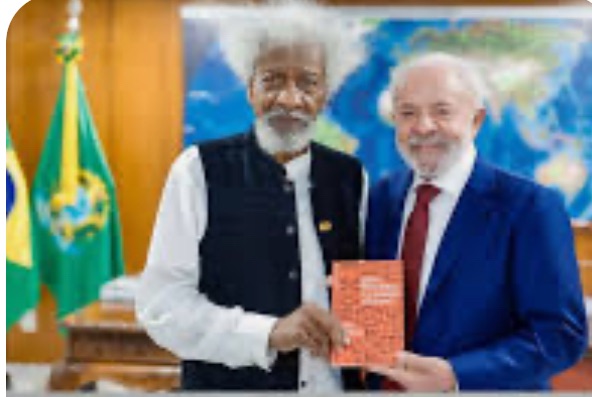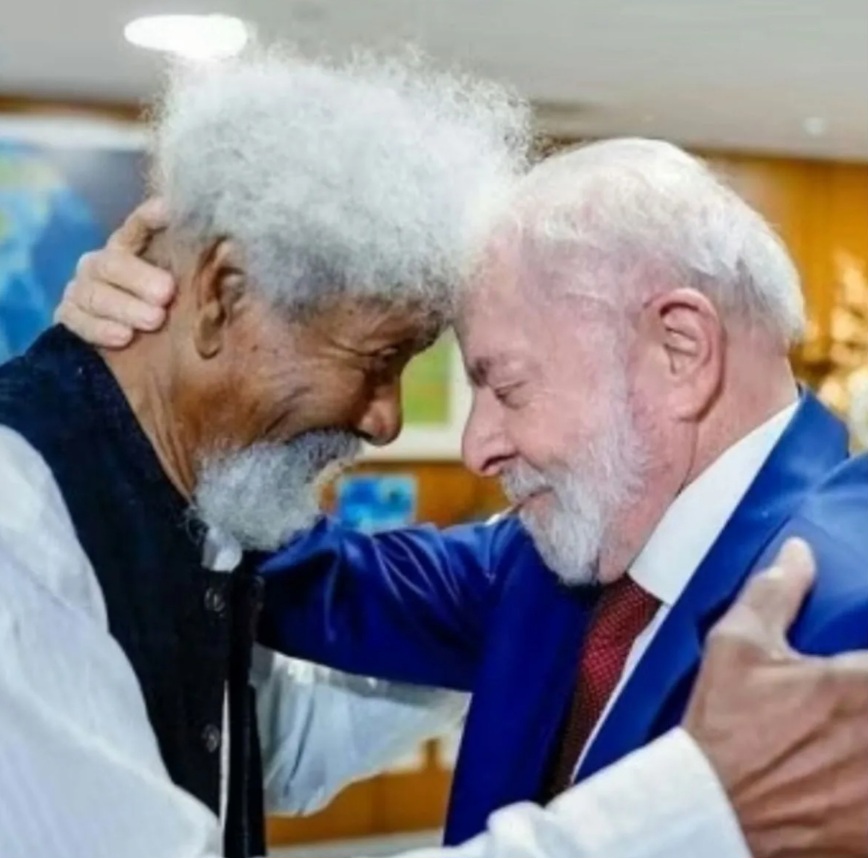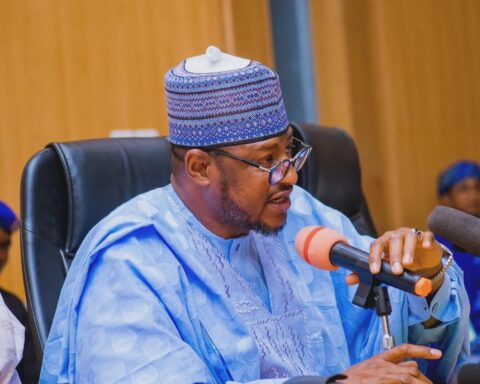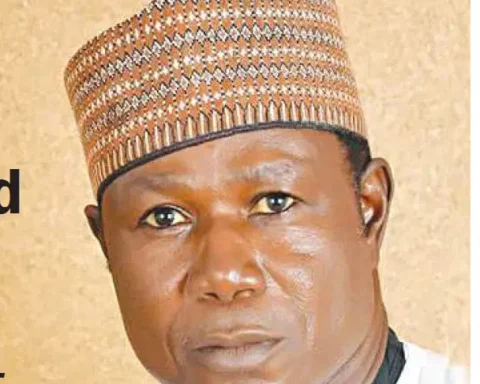Brazil’s President Luiz Inácio Lula da Silva on Monday welcomed Nigerian Nobel laureate, Professor Wole Soyinka, in Brasília during a momentous week that also marked the official state visit of President Bola Tinubu.
The dual presence of Nigeria’s foremost political leader and its most celebrated intellectual created a rare convergence of statecraft and cultural diplomacy, offering Brazil and Africa a renewed opportunity to reimagine their intertwined future.
During their meeting, Lula and Soyinka placed Afro-diasporic heritage at the center of their dialogue. Both men underscored the urgency of revaluing Africa’s profound role in shaping Brazil’s identity—through history, literature, philosophy, and education. They described cultural diplomacy not as a decorative gesture but as a vital instrument for bridging divides and building solidarity across the global South.
In a symbolic gesture, Soyinka presented Lula with the Portuguese edition of his acclaimed work, Mito, Literatura e o Mundo Africano (Myth, Literature and the African World). The exchange embodied the intellectual currents that continue to flow between Africa and Brazil, affirming literature as a living bridge of memory and imagination.

For Lula, hosting Soyinka—the first African Nobel laureate in literature and a towering figure in world letters—was both homage and declaration. “Brazil cannot understand itself without Africa,” Lula remarked, highlighting the continent’s enduring imprint on Brazil’s social fabric and racial equity struggles.
Observers noted that the simultaneous presence of Tinubu and Soyinka in Brasília dramatized the possibilities of a new South–South partnership, one in which politics, culture, and history reinforce each other. While Tinubu’s engagements focus on trade, energy, and diplomacy, Soyinka’s cultural mission reflects the intellectual and artistic bonds that bind both nations.
Soyinka, long a defender of cultural sovereignty and democratic values, used the occasion to restate his call for Africa’s contributions to global civilization to be fully acknowledged. His presence in Brazil, analysts say, signals a wider effort to deepen exchanges between African and Afro-Brazilian institutions, scholars, and artists.
As the week unfolded, one message crystallized: the Brazil–Africa story is not confined to the past but is alive in the present, and through leaders like Tinubu, Lula, and Soyinka, it points toward a shared future rooted in culture, solidarity, and mutual growth.



























